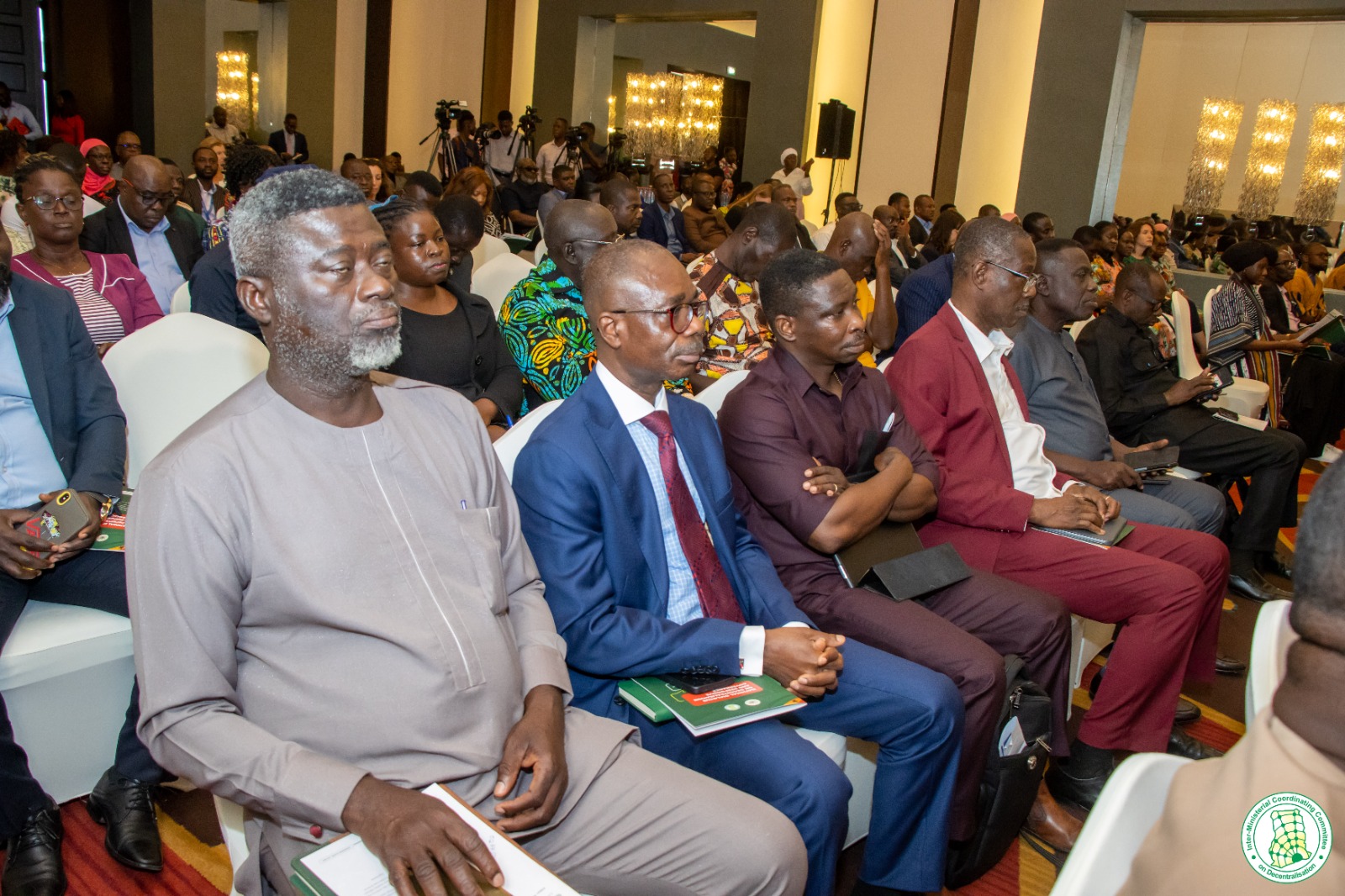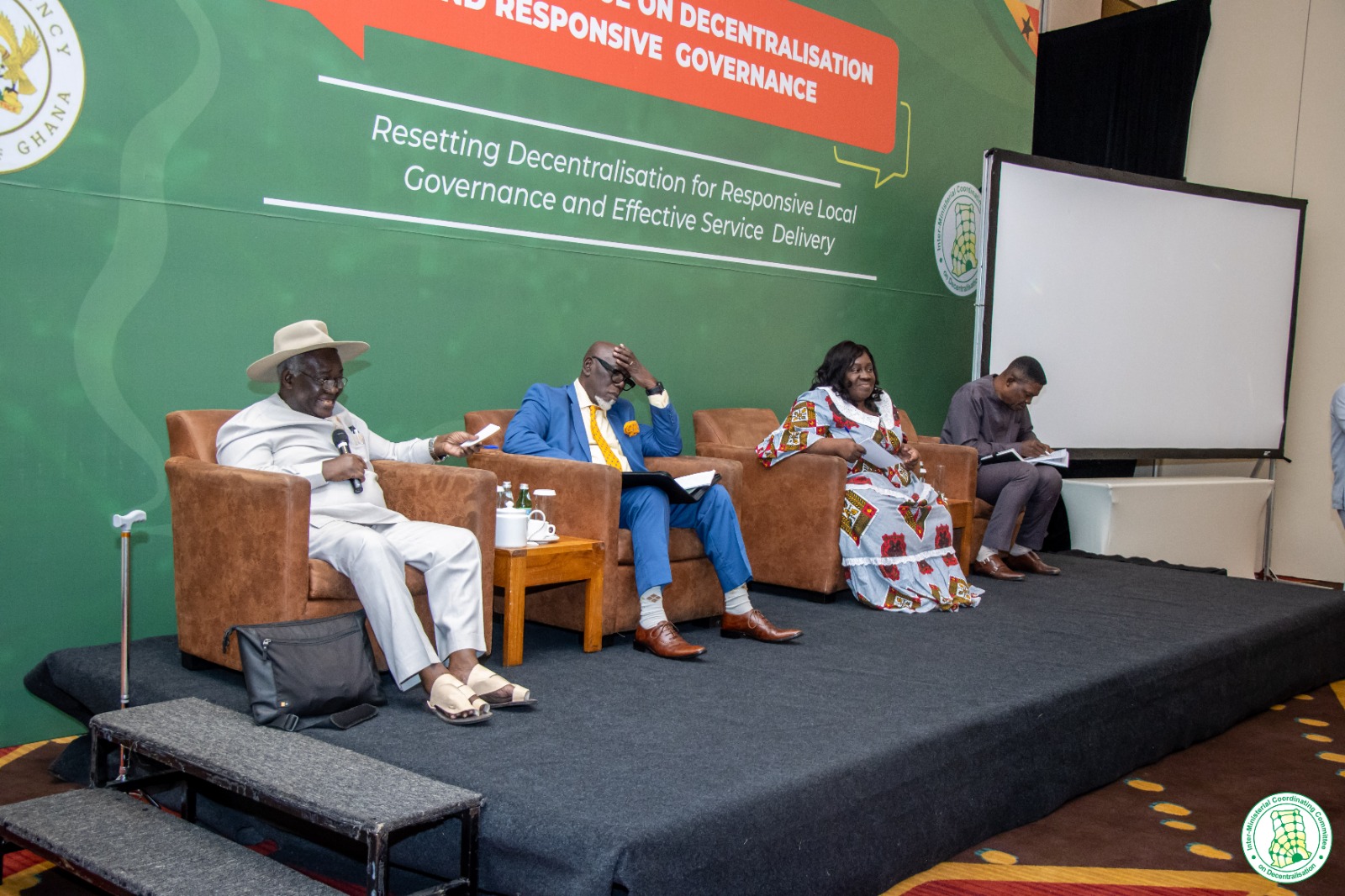Gyeongju, Republic of Korea – September 17, 2025 — Ghana has underscored its commitment to advancing community-led development and decentralisation reforms at the 2nd Global Saemaul Undong Ministerial Meeting in Gyeongju, Republic of Korea.
The gathering, hosted by the Korea Saemaul Undong Centre under President Gwang-Lim Kim, marked the 55th anniversary of the Saemaul movement and brought together global ministers and development leaders. President Kim highlighted the enduring values of diligence, self-help, and cooperation as universal drivers of sustainable progress.
Leading Ghana’s delegation, Hon. Ahmed Ibrahim, Minister for Local Government, Chieftaincy and Religious Affairs, delivered a national statement emphasising Ghana’s alignment with these principles. He outlined reforms to introduce the election of Metropolitan, Municipal and District Chief Executives (MMDCEs), alongside investments in rural infrastructure and livelihoods through projects such as the Ghana Productive Safety Net Project II and the Gulf of Guinea Northern Regions Social Cohesion Project.
The Minister also emphasised accountability and innovation, citing tools like the District Assemblies Common Fund–Responsive Factor Grant (DACF–RFG) and a Digital Development Data Platform, which are enhancing transparency across districts. He stressed that Ghana’s approach, while inspired by Korea, is firmly rooted in its own governance traditions and cultural sustainability.
Hon. Ibrahim reaffirmed Ghana’s strong partnership with the Republic of Korea, referencing recent bilateral discussions on waste management, circular economy practices, and urban resilience. He pledged Ghana’s commitment to deepening cooperation and sharing lessons with other African nations through South–South and Triangular Cooperation.

1.jpeg)
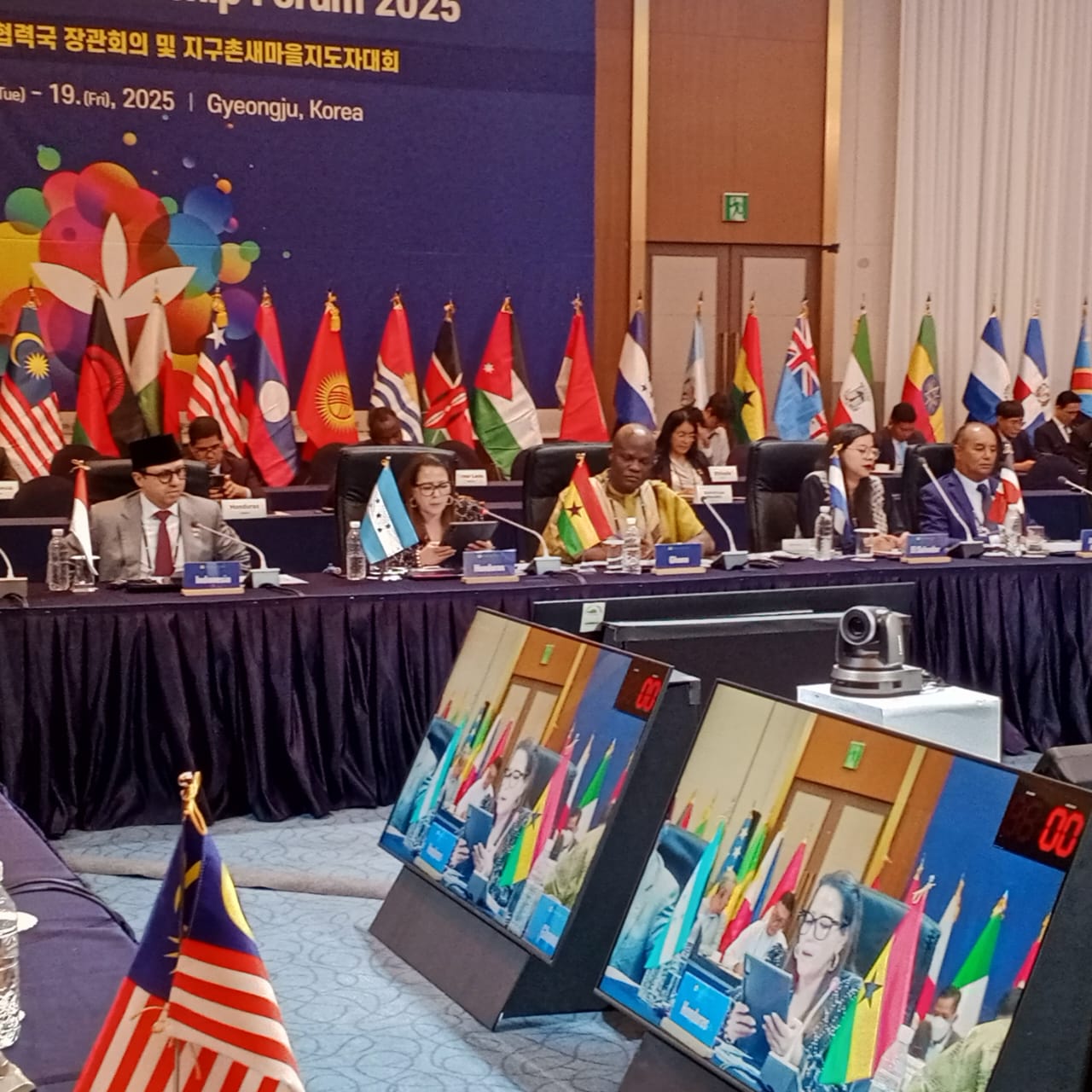
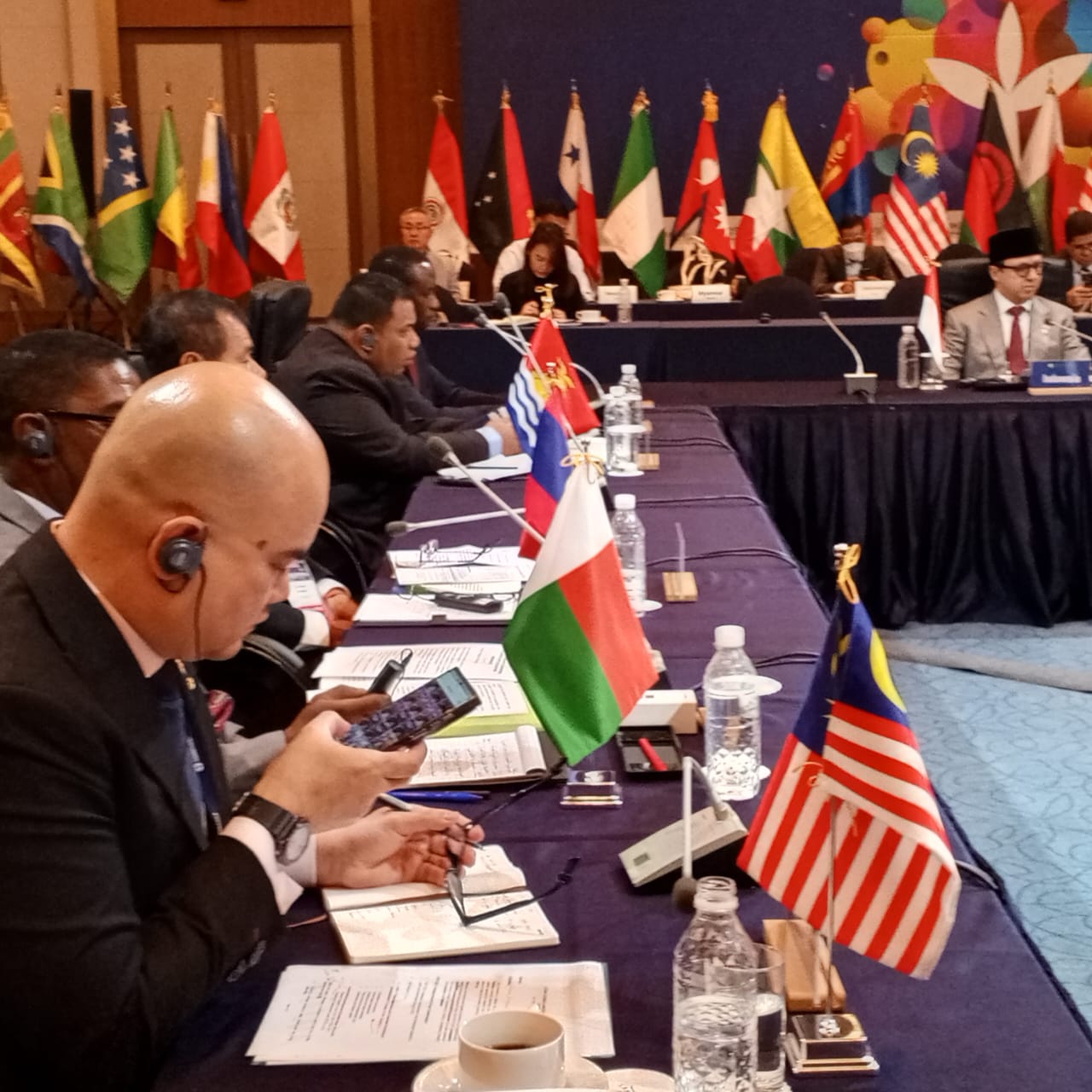
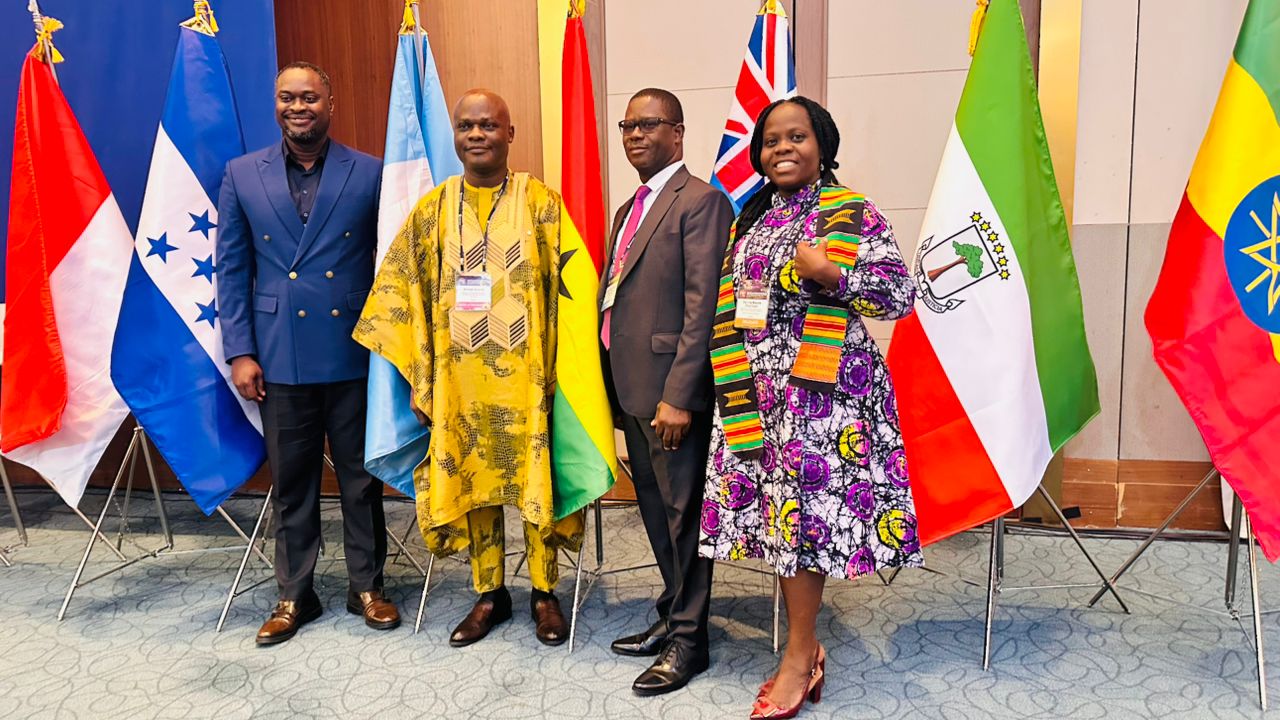
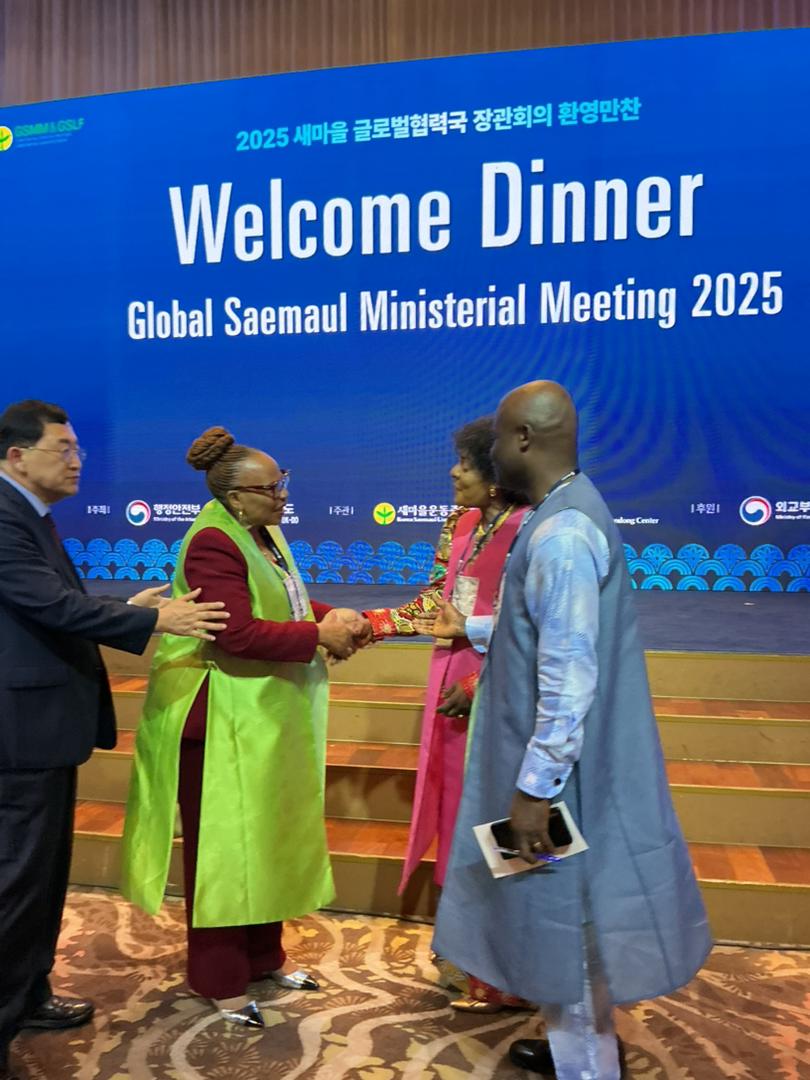
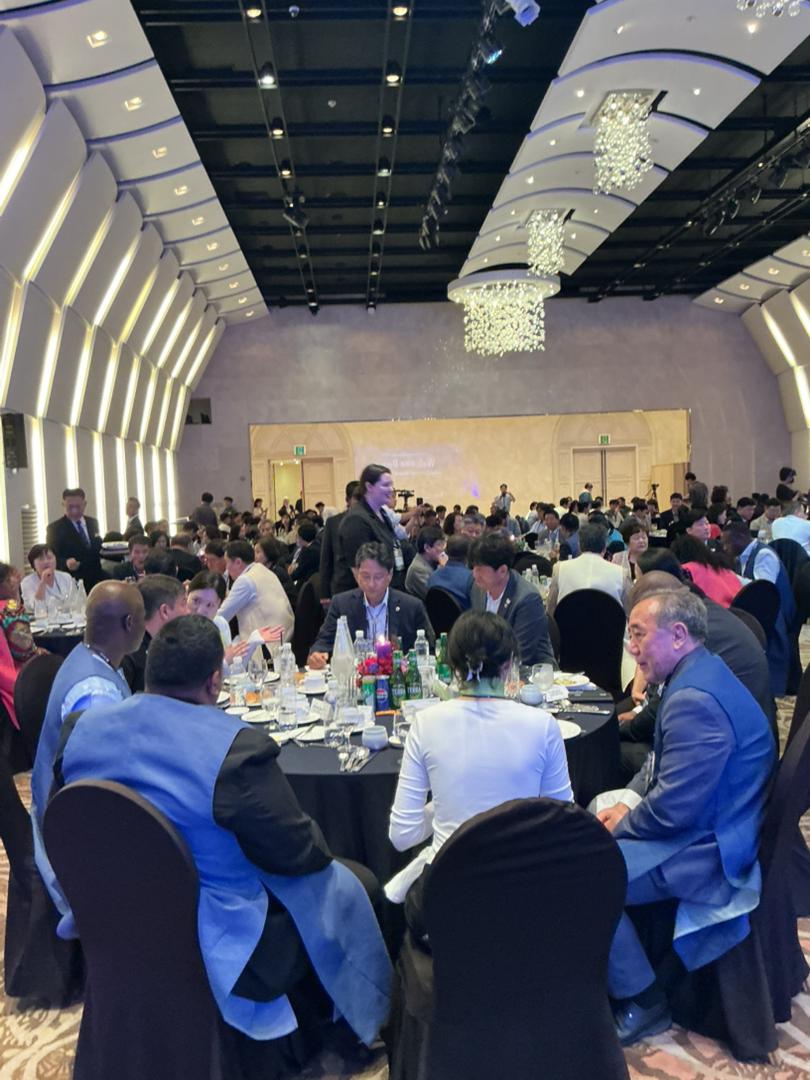
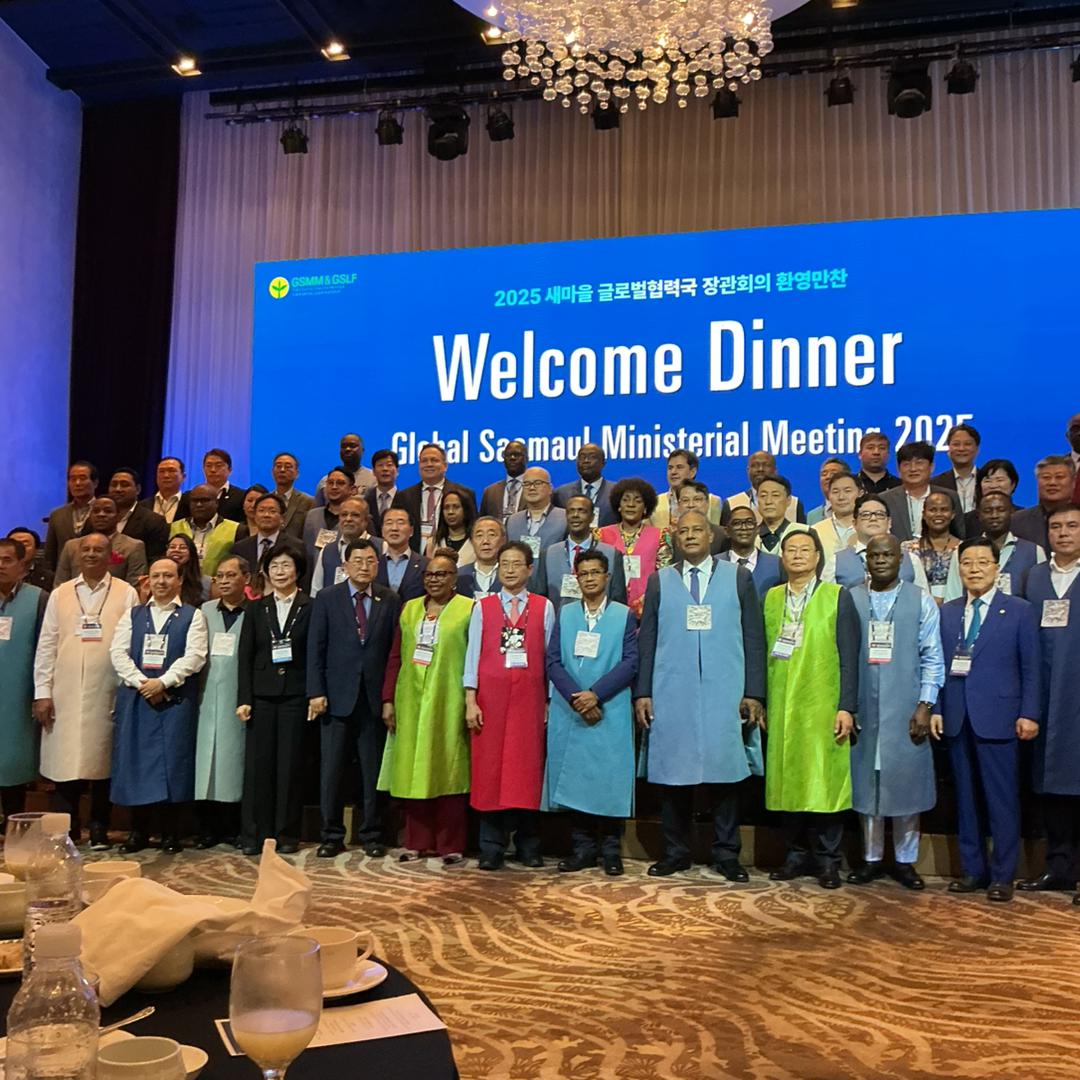
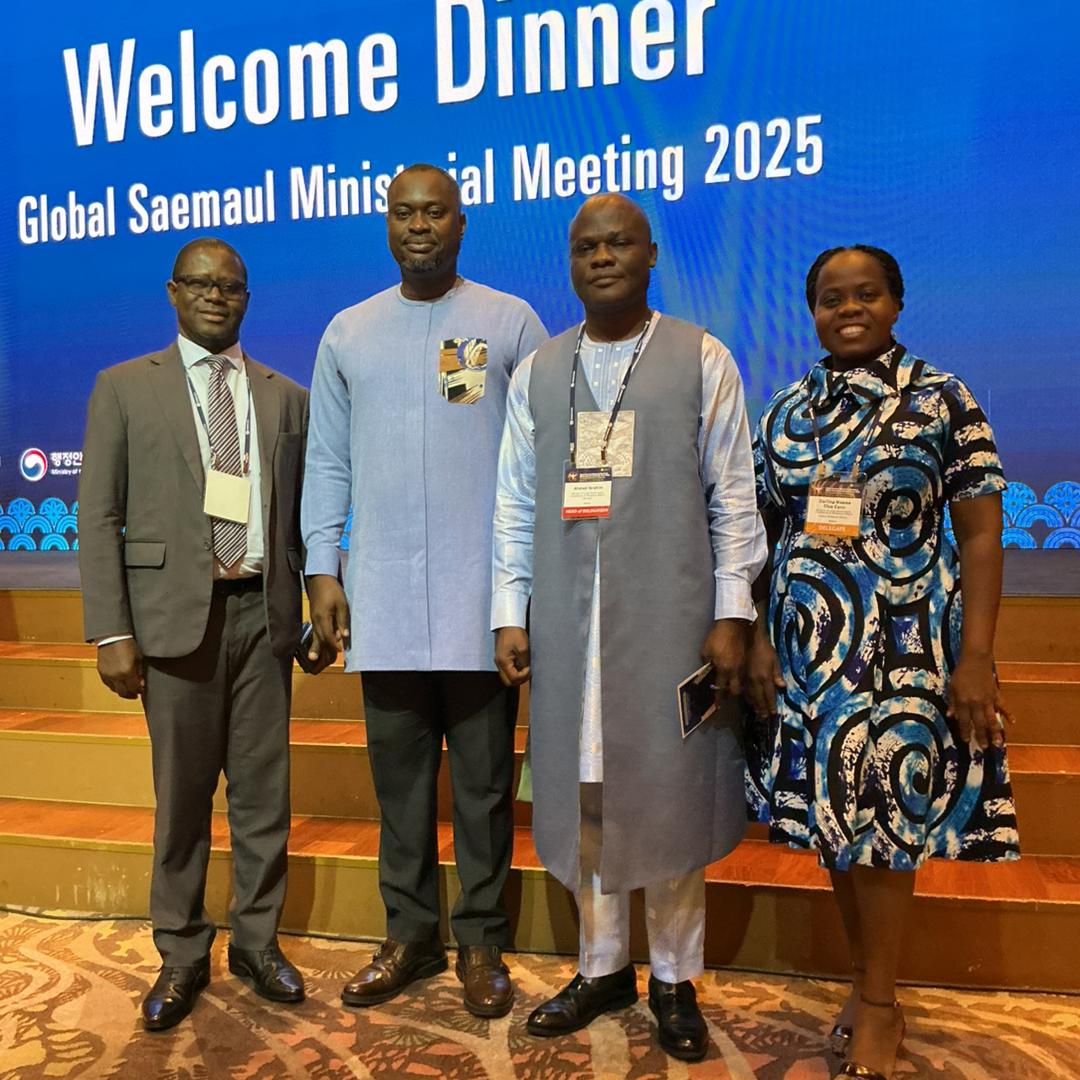
.jpeg)
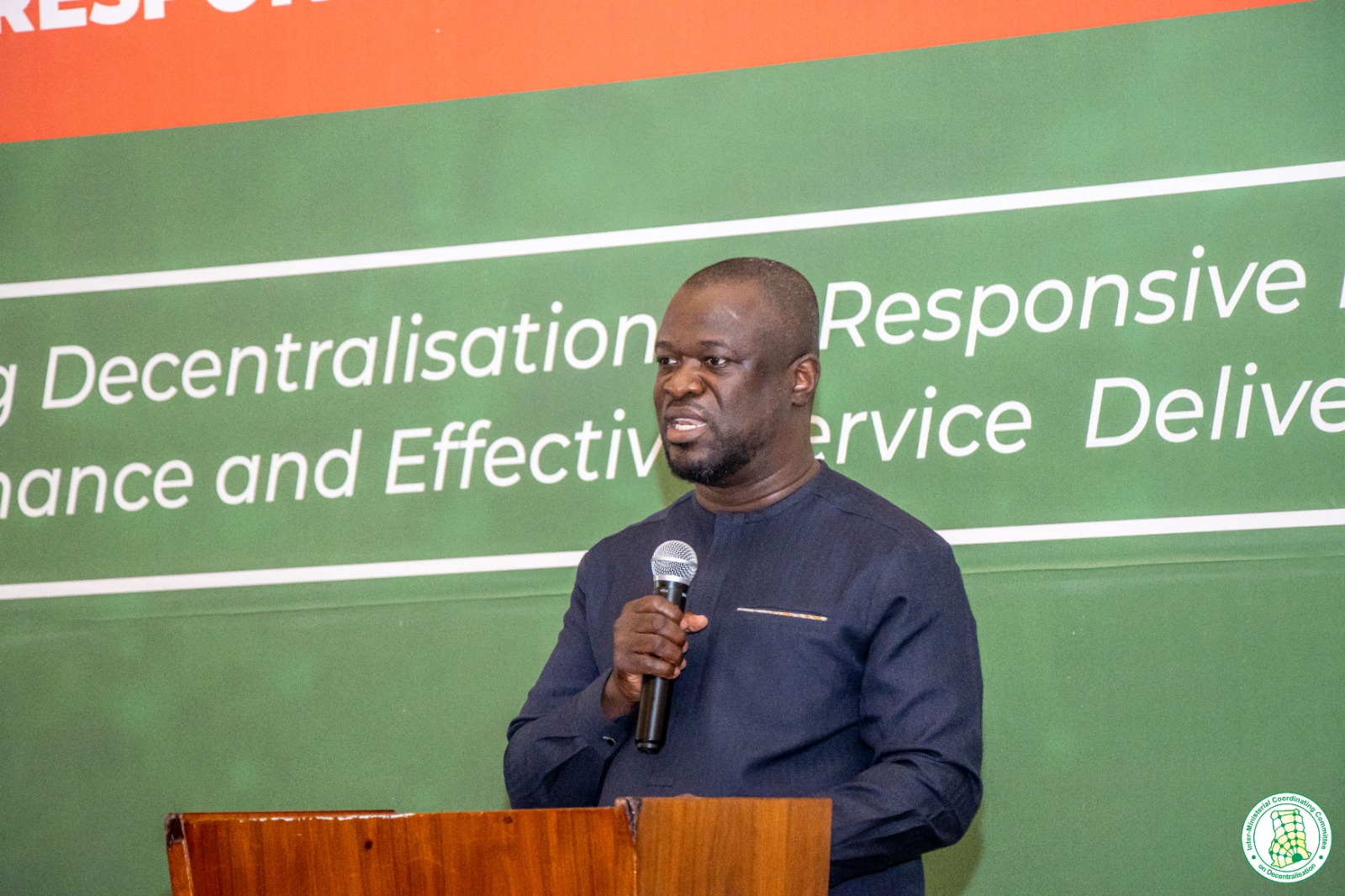
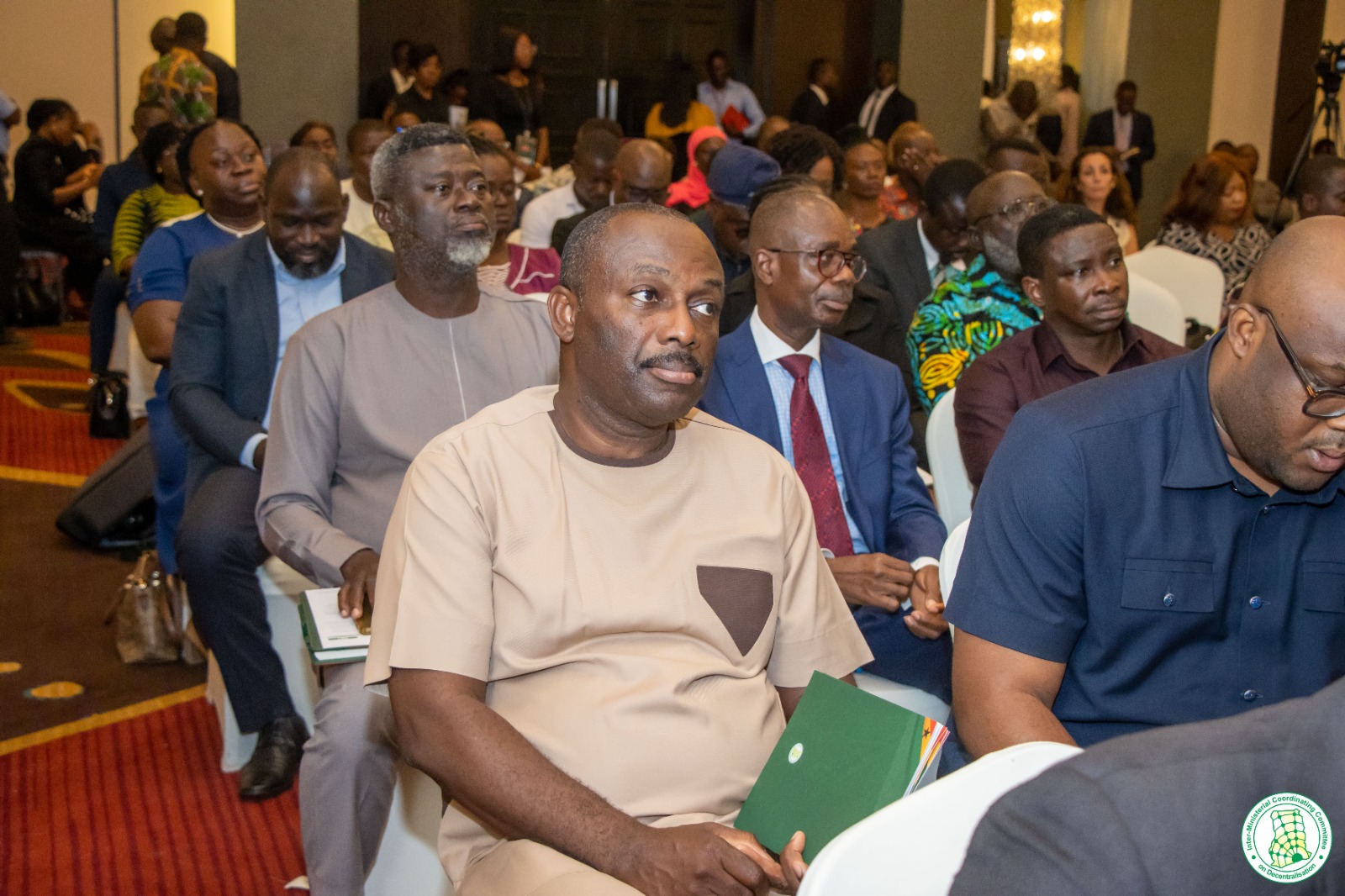
.jpeg)
